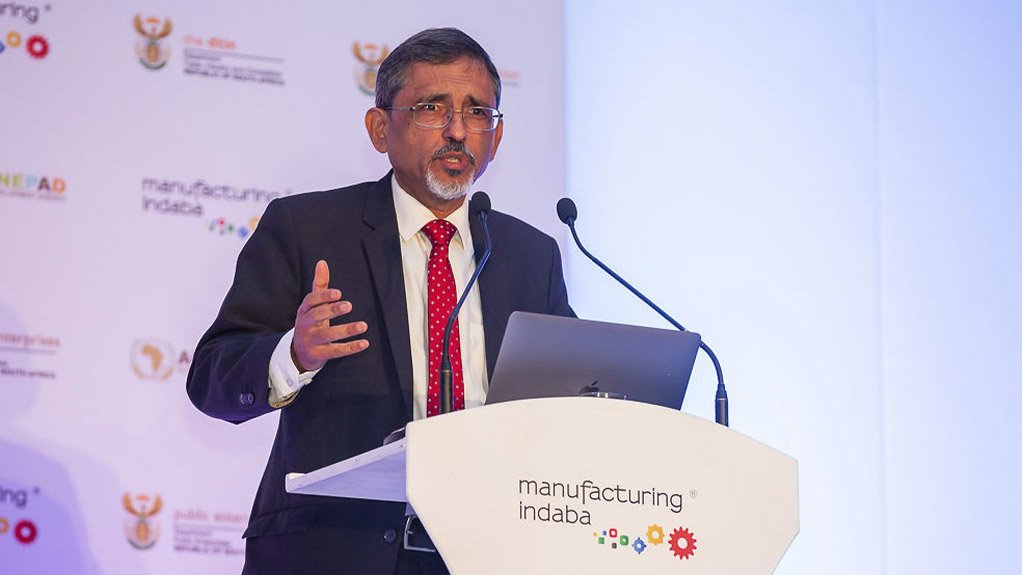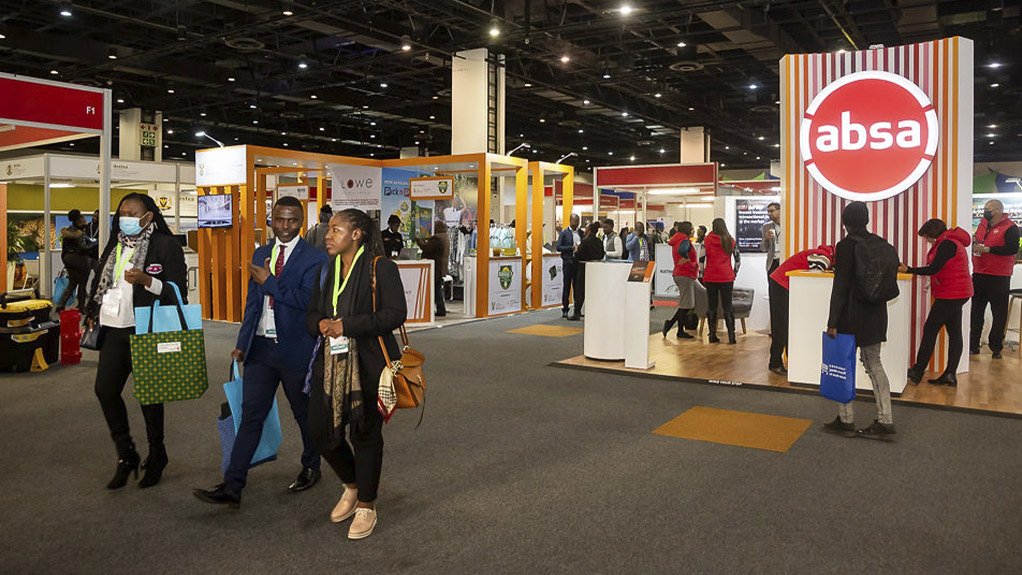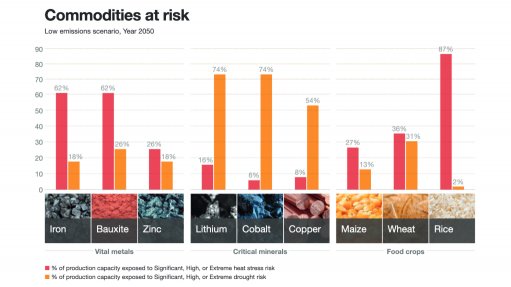AfCFTA impact on Africa's manufacturers
This article has been supplied as a media statement and is not written by Creamer Media. It may be available only for a limited time on this website.
The African Continental Free Trade Area (AfCFTA) is a landmark trade agreement that aims to create a single market for goods and services across the African continent. It seeks to boost intra-African trade, promote economic integration and foster sustainable development.
Unpacking how the AfCFTA will impact on African manufacturing will feature as the opening plenary panel discussion topic at the Manufacturing Indaba conference to be hosted from the 24 – 25 October 2023 in Sandton, South Africa. The plenary panel topic is:
The future of African Manufacturing: What are the future game-changers facing Africa to achieve a single market
The AfCFTA agreement, which came into effect on January 1, 2021, has the potential to significantly impact Africa's manufacturers in several ways:
Expanded Market Access: AfCFTA creates a market of over 1.2 billion people with a combined GDP of over $3 trillion. This large market offers African manufacturers access to a broader customer base, increasing their potential sales and revenue.
Increased Intra-African Trade: Prior to AfCFTA, intra-African trade was relatively low compared to other regions. The agreement is expected to reduce trade barriers, such as tariffs and non-tariff barriers, making it easier and more cost-effective for manufacturers to trade within the continent. This can lead to a boost in intra-African trade volumes.
Economies of Scale: With a larger market and increased trade volumes, African manufacturers can achieve economies of scale. This means they can produce goods in larger quantities, leading to lower production costs per unit and increased competitiveness.
Regional Value Chains: AfCFTA can facilitate the development of regional value chains, where different countries specialise in specific stages of the production process. This can lead to increased efficiency and productivity in manufacturing operations.
Foreign Investment: The creation of a single market and a more predictable trading environment can attract foreign direct investment (FDI) into Africa's manufacturing sector. Foreign investors may see the continent as a more attractive destination for setting up production facilities to serve the broader African market.
Technology Transfer and Skills Development: As regional trade and cooperation increase, there can be more technology transfer and knowledge-sharing between African countries. This can lead to the development of local skills and capabilities, boosting the competitiveness of African manufacturers.
Product Diversification: AfCFTA encourages African countries to move away from reliance on a few primary commodities and explore opportunities for value-added manufacturing. This diversification can help reduce vulnerability to external shocks, such as fluctuations in commodity prices.
Addressing Market Fragmentation: Prior to AfCFTA, African markets were often fragmented due to various trade barriers. The agreement aims to address these issues and create a more integrated and harmonised market, reducing complexities for manufacturers seeking to expand their reach.
Enhanced Competitiveness: With increased competition from regional and international players, African manufacturers may be compelled to enhance their products' quality, innovate, and become more efficient, ultimately raising the overall competitiveness of the continent's manufacturing sector.
While AfCFTA offers substantial opportunities for Africa's manufacturers, there are also challenges that need to be addressed, such as infrastructure limitations, bureaucratic hurdles, and potential disruptions to certain industries. Governments and stakeholders must work together to implement supportive policies, improve trade infrastructure and address potential concerns to maximise the benefits of AfCFTA for the manufacturing sector and the continent's overall economic growth. All the above aspects will be discussed and unpacked in the Panel discussion led by industry experts.
Comments
Announcements
What's On
Subscribe to improve your user experience...
Option 1 (equivalent of R125 a month):
Receive a weekly copy of Creamer Media's Engineering News & Mining Weekly magazine
(print copy for those in South Africa and e-magazine for those outside of South Africa)
Receive daily email newsletters
Access to full search results
Access archive of magazine back copies
Access to Projects in Progress
Access to ONE Research Report of your choice in PDF format
Option 2 (equivalent of R375 a month):
All benefits from Option 1
PLUS
Access to Creamer Media's Research Channel Africa for ALL Research Reports, in PDF format, on various industrial and mining sectors
including Electricity; Water; Energy Transition; Hydrogen; Roads, Rail and Ports; Coal; Gold; Platinum; Battery Metals; etc.
Already a subscriber?
Forgotten your password?
Receive weekly copy of Creamer Media's Engineering News & Mining Weekly magazine (print copy for those in South Africa and e-magazine for those outside of South Africa)
➕
Recieve daily email newsletters
➕
Access to full search results
➕
Access archive of magazine back copies
➕
Access to Projects in Progress
➕
Access to ONE Research Report of your choice in PDF format
RESEARCH CHANNEL AFRICA
R4500 (equivalent of R375 a month)
SUBSCRIBEAll benefits from Option 1
➕
Access to Creamer Media's Research Channel Africa for ALL Research Reports on various industrial and mining sectors, in PDF format, including on:
Electricity
➕
Water
➕
Energy Transition
➕
Hydrogen
➕
Roads, Rail and Ports
➕
Coal
➕
Gold
➕
Platinum
➕
Battery Metals
➕
etc.
Receive all benefits from Option 1 or Option 2 delivered to numerous people at your company
➕
Multiple User names and Passwords for simultaneous log-ins
➕
Intranet integration access to all in your organisation























